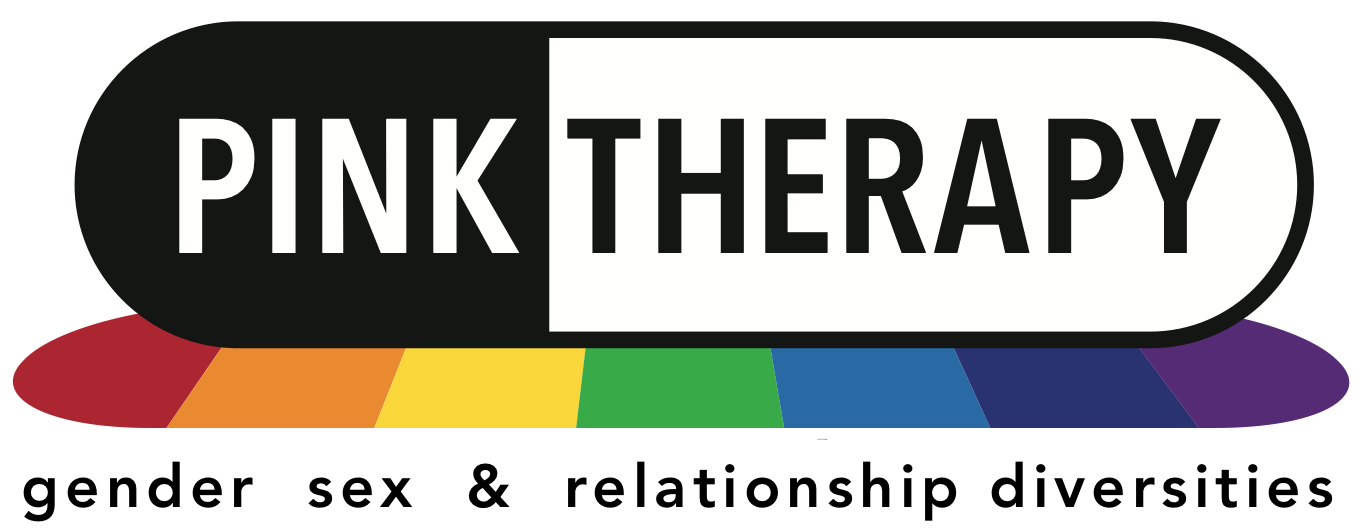Empowering Authenticity: Advanced Perspectives in GSRD Therapy
Pink Therapy Conference 2025
Inaugural Pink Therapy Conference on GSRD Therapy
A New Era in Inclusive Therapy Begins Here!
The landscape of mental health is evolving, and you have the opportunity to be at the forefront. Welcome to the first-ever Gender, Sex, and Relationship Diversity Therapy Conference—a groundbreaking gathering designed to revolutionise the way we support diverse identities and relationships. This is more than a conference; it’s a movement toward deeper understanding, radical inclusion, and transformative care. Join leading voices, passionate practitioners, and change-makers as we shape the future of therapy—together.
Why Attend?
- Expert-Led Sessions: Learn from top practitioners and researchers shaping the future of GSRD therapy.
- Cutting-Edge Insights: Explore the latest research, therapeutic techniques, and policy developments.
- Practical Workshops: Gain hands-on experience with tools and strategies to enhance your practice.
- Networking Opportunities: Connect with like-minded professionals and build meaningful collaborations.
Who Should Attend?
This conference is designed for:
- Counsellors, psychotherapists, and mental health professionals seeking deeper knowledge of GSRD issues.
- Students and trainees eager to expand their understanding of inclusive therapy.
- Researchers and academics exploring intersectional approaches to GSRD mental health.
- Advocates and policymakers interested in shaping the future of LGBTQIA+ and GSRD mental health services.
Event Details
📅 Date: 22nd – 23 August 2025
📍 Location: In-person at the University of Westminster, London or online.
💡 Registration: here.
Secure Your Place Today!
Join a global community of professionals committed to progressive, affirming, and evidence-based GSRD therapy. Don’t miss this opportunity to be part of one of the most respected conferences in the field.
Questions?
Get in touch with us at: conference@pinktherapy.org
PechaKucha
There will be space at the conference for a few presentations in the style of a PechaKucha. A PechaKucha is a slide show of 20 images, each auto-advancing after 20 seconds. It’s non-stop, and you have 400 seconds to tell your story, with visuals guiding the way. The word “PechaKucha” is Japanese for “chit chat”.
This is an excellent opportunity to present relevant GSRD/LGBTQIA research.
If you’re interested in taking part, please complete the form here. The closing date is 9 June 2025.
